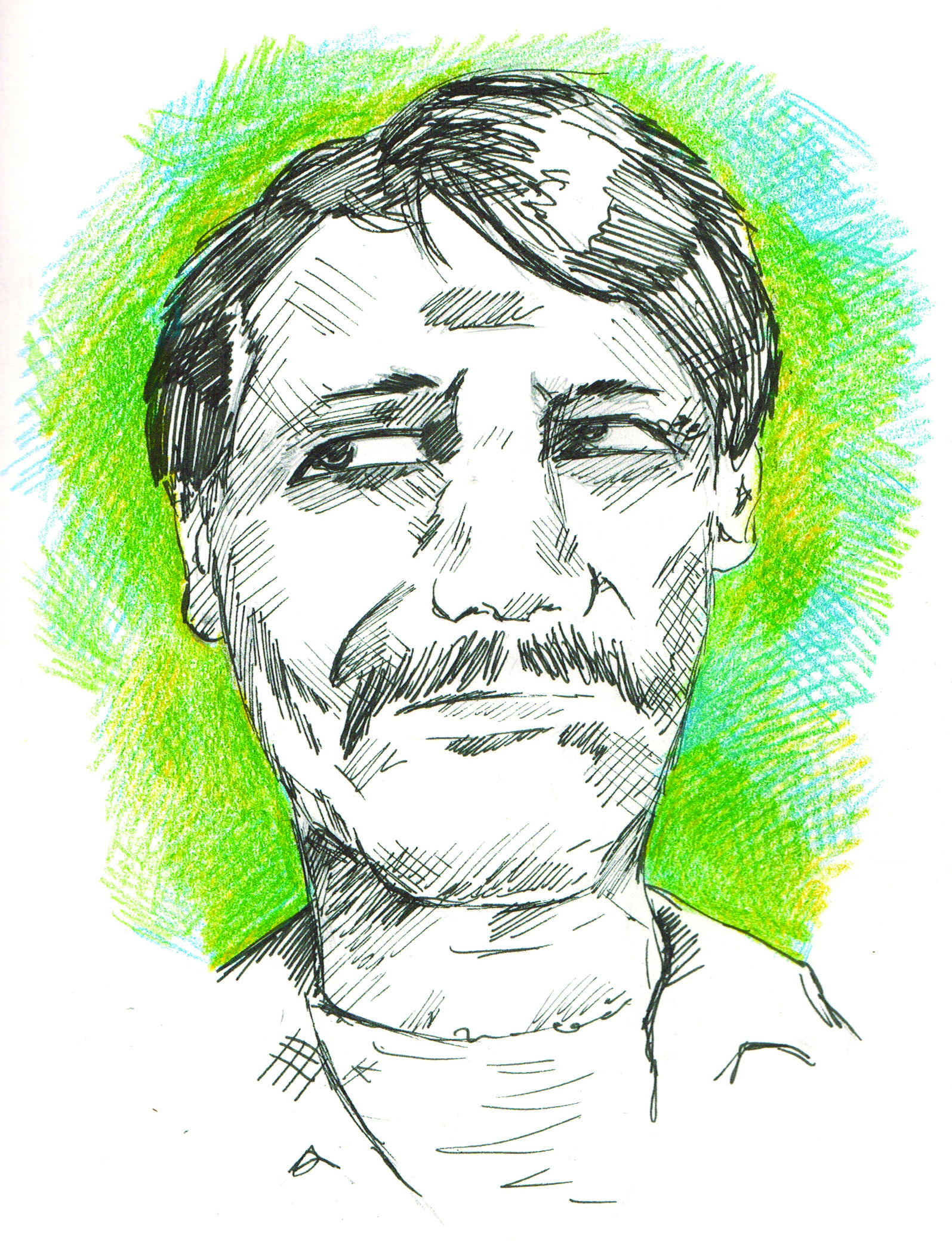The first month of the Brian Sinclair inquest wrapped up last week, culminating in the cross-examination of a Health Sciences Centre (HSC) security guard who was told Sinclair had vomited, but did not alert medical staff.
Alain Remillard, who was on patrol in the HSC emergency department during some of Sinclair’s stay, told the inquest that he was approached by a patient who said that Sinclair had either urinated or vomited.
Closed-circuit television footage shown at the inquest revealed that Remillard walked to the seating area of the waiting room and confirmed “a pool of clear liquid at the base of his wheelchair,” but did not approach Sinclair, who appeared to be sleeping.
Remillard is then seen calling housekeeping staff to clean up the liquid. He told the inquest that he did not alert nursing staff of the incident.
“It has happened before, once in a while, where people have soiled themselves in the waiting room, and it was not necessary to contact nursing staff then [ . . . ] it has been more of a housekeeping issue in the past,” said Remillard on the witness stand.
“I did not think it was a medical issue.”
Under cross-examination by Vilko Zbogar, the lawyer representing the Sinclair family, it was revealed that Remillard had written in an incident report that he was told Sinclair was “puking.”
He had mentioned earlier in his testimony that he did not bring Sinclair a kidney basin because he did not believe the man was vomiting; he believed that he was urinating.
Remillard also said that he previously assumed Sinclair was “intoxicated on some substance and sleeping it off.”
The inquest heard during questioning by Garth Smorang, the lawyer representing the Manitoba Nurses Union, that people not awaiting treatment, such as homeless individuals and family members of patients, often occupy the waiting room.
The hospital’s policy was to give those who had been triaged a wristband, while those who were awaiting triage would not yet have one. Remillard said that he did not check whether Sinclair had a wristband or not because the task fell outside of his job duties.
“I was assuming at the time that he was sleeping, and since he posed no security concern, I did not see the need to approach him,” explained Remillard.
Among the other findings made in the first 14 days of the inquest was the realization that six minutes of surveillance tape are missing from an emergency department camera. It was during that six minutes that a security guard approached Sinclair and discovered he was not breathing.
Sergeant John O’Donovan of the Winnipeg Police Service spent 500 hours reviewing the footage, but did not notice the gap in the video until it was pointed out under questioning by Zbogar.
Norman Schatz, head of security at HSC, said this gap was normal, as the cameras only turn on when they sense motion.
Gary Francis, the security guard who discovered Sinclair had died in the waiting room and who spoke to the inquest on Wednesday, Aug. 28, stated that, when he reported to nurses on duty that he believed the man was dead, they thought he was joking.
HSC medical staff tried to revive Sinclair, but were unsuccessful. At that time, it was discovered that no chart had been created for Sinclair, and he had not been triaged.
Sinclair, who suffered from cognitive and speech disabilities and had lost both of his legs to frosbite in 2007, was brought by taxi to HSC on Sept. 19, 2008 after being referred from a smaller clinic. Security cameras show he spoke briefly with a triage aide, and then wheeled himself into the waiting room where he sat for 34 hours without being attended to. After efforts to revive him failed, he was found to be carrying a referral note from the clinic doctor in his pocket.
The first phase of the Sinclair inquest will continue until February 2014. The first phase of the inquest is examining the specific circumstances surrounding Sinclair’s death, while the second phase, which has not yet been scheduled, will look at how similar circumstances can be avoided.
The Sinclair inquest will adjourn for the month of September, and recommence on Oct. 7.


